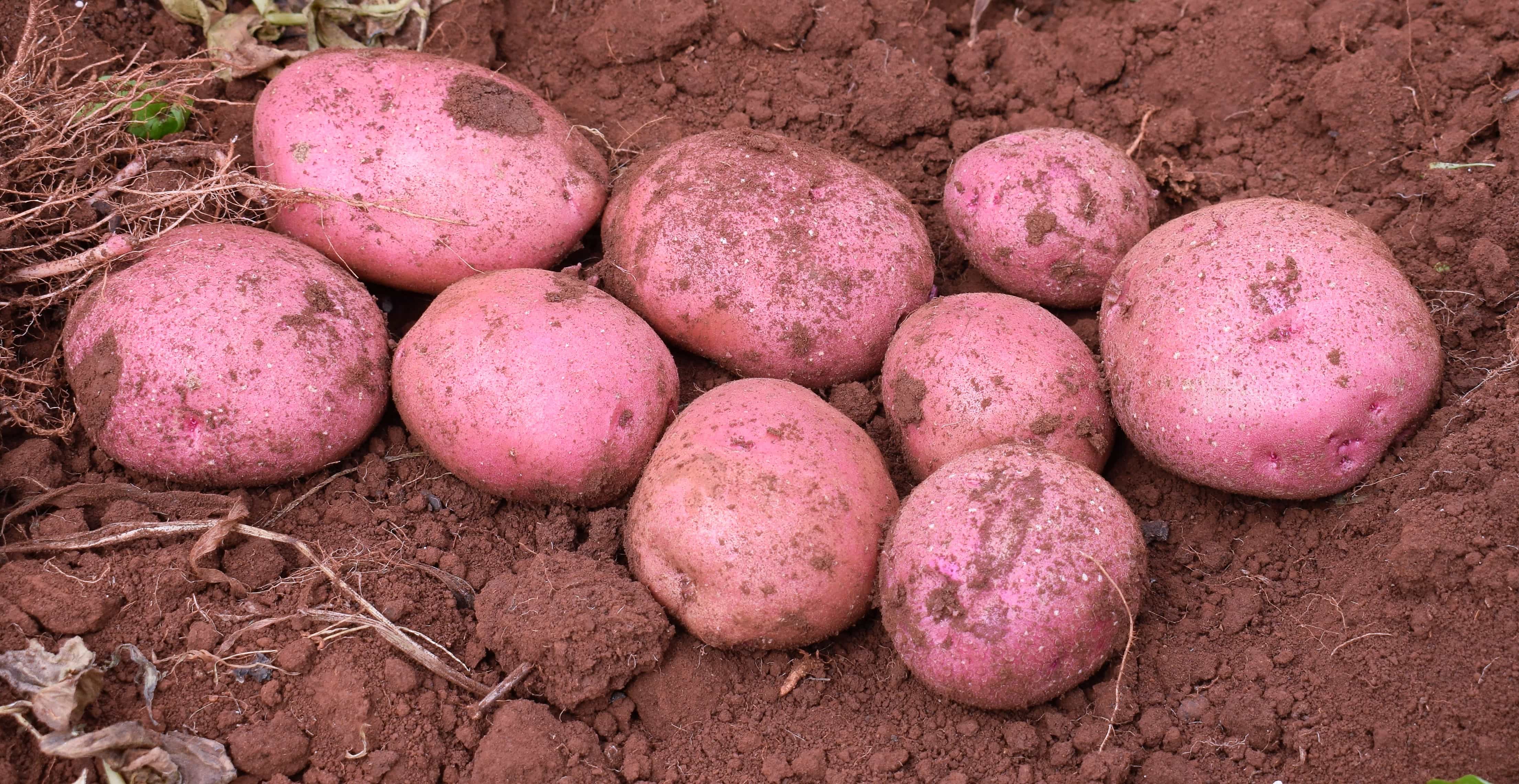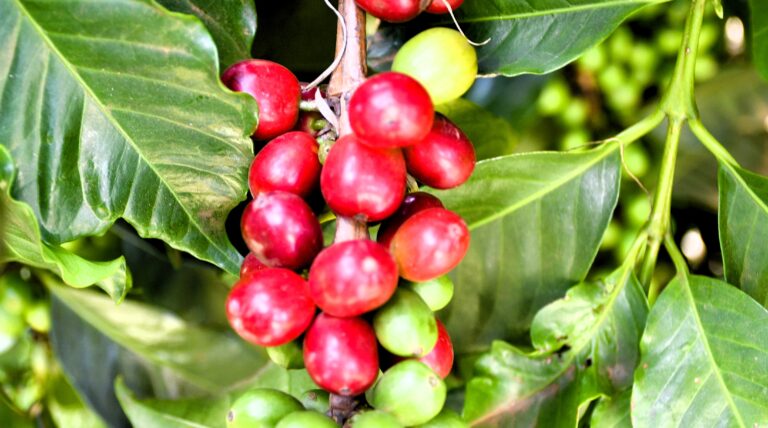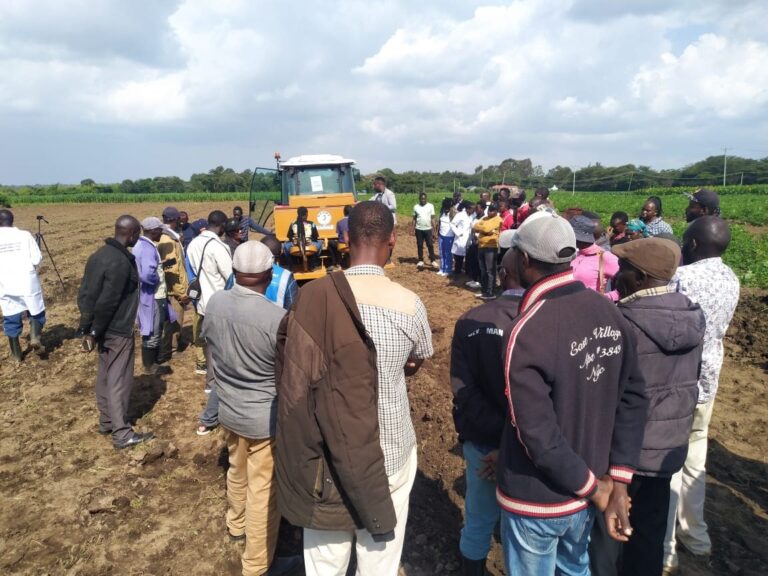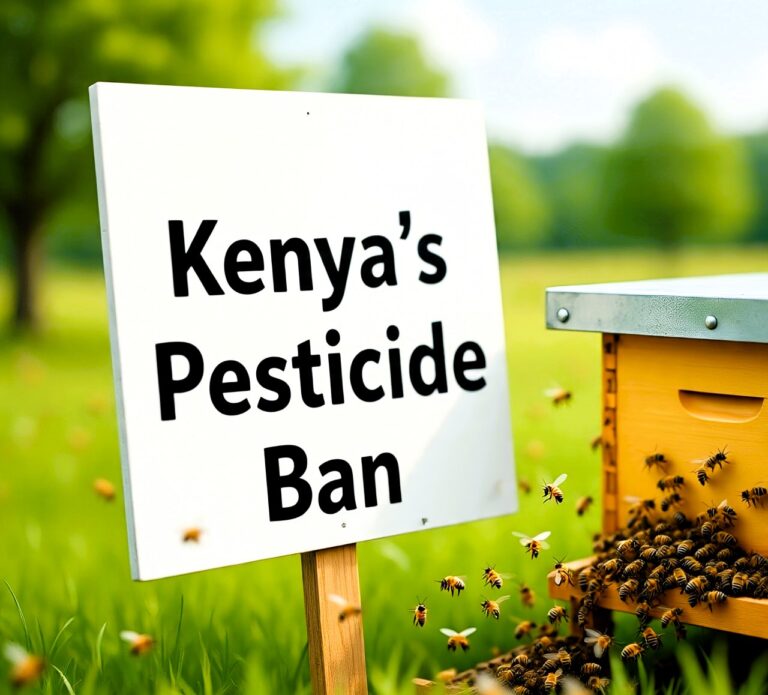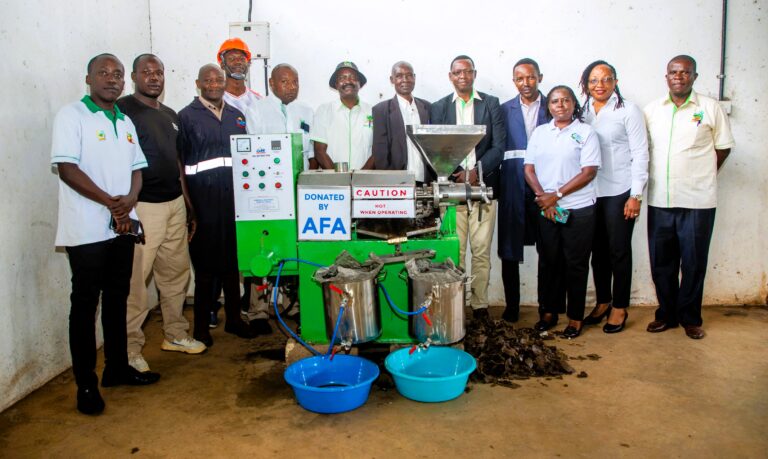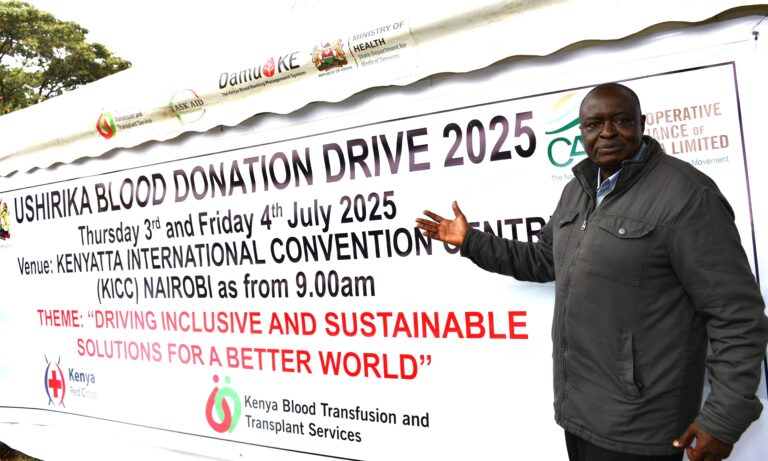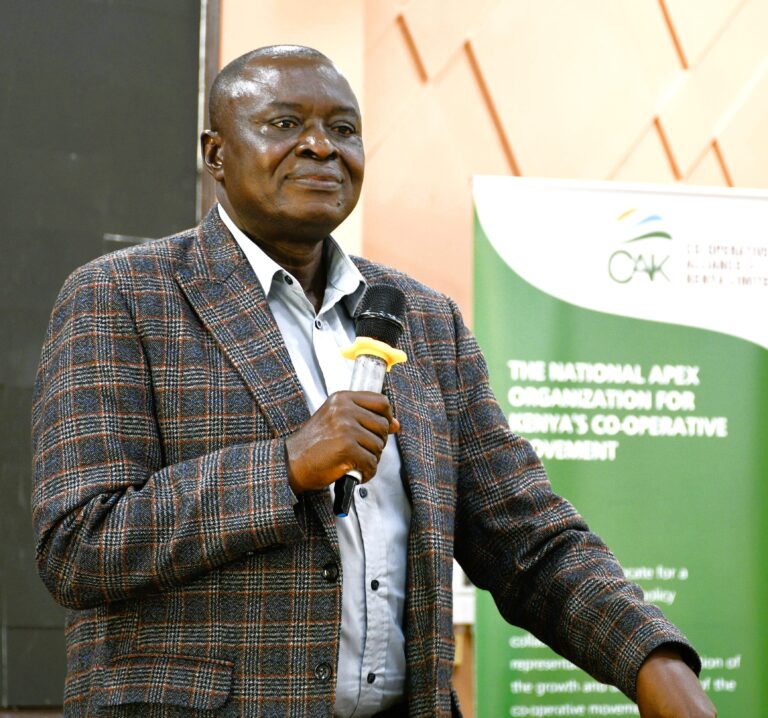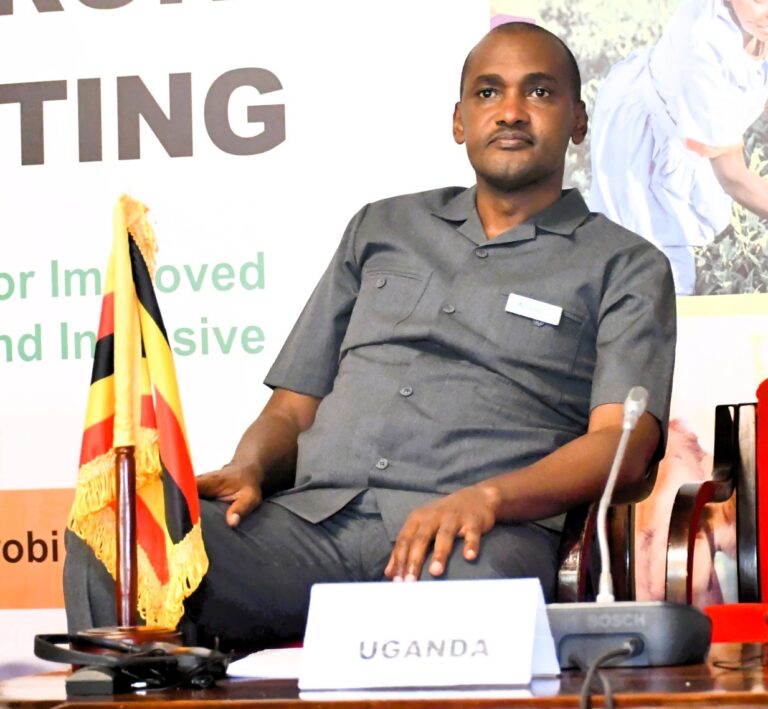Corteva Agriscience and the National Potato Council of Kenya (NPCK) have collaborated in an initiative aimed at helping potato smallholder farmers in Kenya improve their yields.
The collaboration will introduce improved technologies and show farmers how to increase potato yields using crop protection solutions, quality seed, resilient and improved varieties, pest and disease management, good hilling technologies, post-harvest management and record keeping.
Speaking during a farmer field day in Uasin Gishu County, Francis Karanja, Corteva Agriscience Sales Leader, Crop Protection in East Africa, said, “Corteva Agriscience is collaborating to help increase the productivity, incomes, and sustainable farming practices of smallholder farmers. The products and information we share helps farmers manage potato pests and diseases, incorporate the latest advances in sustainability and technology into their daily operations.”
The collaboration will provide critical field activities such as seed distribution, establishment of demonstration plots, field crop management, and training of host farmers and farmer group representatives at the demonstration plots in potato growing regions in Kenya, where farmers have limited extension services and poor access to markets.
Since April 2020, seven demonstration plots have been planted, in Kinangop, Olkalau, Mau Narok, Bomet Central, Kieni East, Kieni West and Ainabkoi sub-counties. Over 400 farmers have been trained on recommended practices such as soil testing services, apical cuttings technology, seeds selection and use of quality varieties/certified seeds, crop nutrition, crop protection and spray service provision.
The potato value chain in Kenya has remained underdeveloped for years, even though the crop is a key staple food, second only to maize. As a result, the country has been forced to import large quantities of potatoes, especially from neighboring countries like Tanzania.
Mr. Wachira Kaguongo from the Potato Council of Kenya said that the challenges facing potato farming in Kenya could only be tackled through a Public Private Partnership (PPP) by industry stakeholders to provide an integrated and coordinated approach to assist the farmers along the value chain.
He noted that farmers continued to produce low yields and of poor quality due to a combination of factors which include poor quality seeds, poor use of technology, and lack of expertise in disease management and pest control.
“Our objective at the Council is to help farmers produce high yield potential per hectare, free of diseases and pests. Our role will be to mobilize potato farmers and other stakeholders in the potato value chain to benefit from this technology and other measures aimed at increasing small holders’ incomes,’’ said Mr. Kaguongo.
According to the National Potato Council of Kenya, pests and diseases contribute to an estimated 80% reduction in production which threatens improved seed availability and food security.
“The technology we are bringing on board, which incorporates best agronomic practices, modern technology to provide scientific control of fungal diseases and safe use of chemicals is meant to help increase the potato yields per hectare in the small holdings significantly,’’ said Karanja.
Potato contributes almost USD 30 million annually to the Kenyan economy. The sector employs approximately 3.3 million people, of which around 800,000 are smallholder farmers. Kenyan potato farmers have an average output of 7 tons per hectare compared to 50 tons per hectare in other countries. By adopting use of improved inputs and techniques, participating farmers will be expected to achieve significant productivity gains and increase their potato yields from 7 tons to 20 tons.
In June 2020, Corteva Agriscience announced its 10-year commitments to advance sustainability and increase agricultural resiliency throughout the global food system. The company announced that it will, among other initiatives, provide tools and training for farmers to help increase the yield on every hectare, profitability, optimize inputs, and improve climate resilience.


